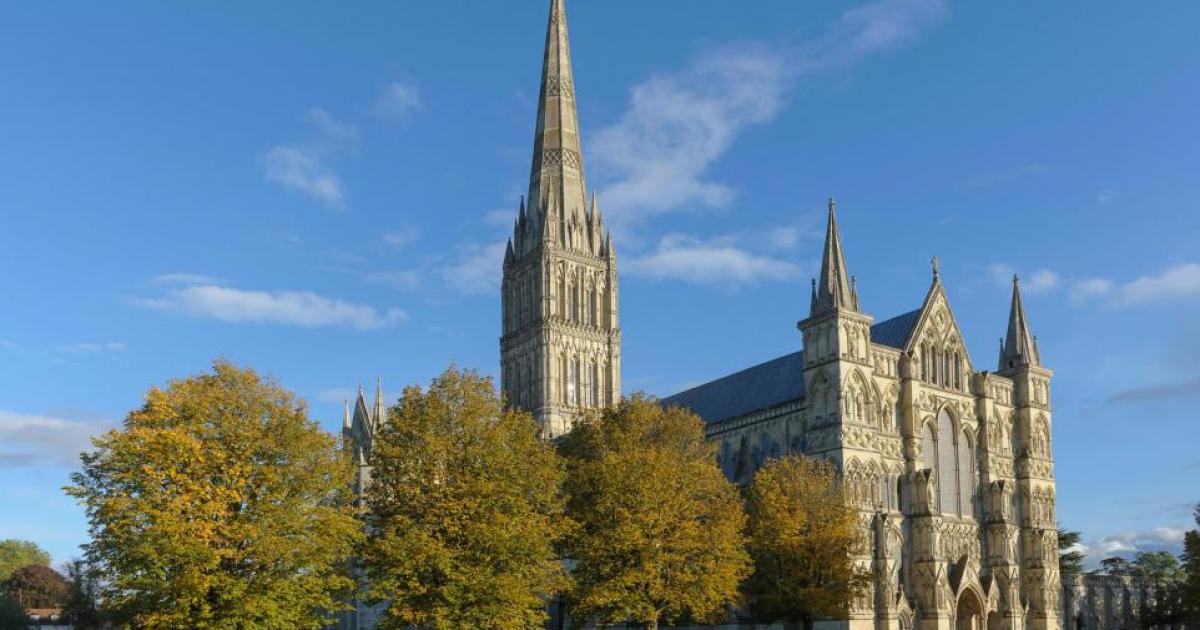No, a third one is on its way.
A friend returned home to better weather here than he’d had all week on his holiday in Madeira.
Personally, I’m loving it.
I’d wondered about moving abroad when I retired; looks like abroad has come here.
On Monday, the Met Office, the nation’s weather watchers, issued their annual climate ‘stock take’.
The report highlights how the UK’s climate has warmed steadily from the 1980s onwards.
Baselines have shifted, records are frequently broken, temperature and rainfall extremes are becoming the norm.
The last three years in particular have been in the UK’s top five warmest on record.
Records have been broken this year, and we’re only halfway through.
The report, littered with statistics and graphs, is compelling.
Our weather is getting warmer and wetter; our sea levels are rising faster than the world’s average.
What does all this mean?
At one level, it means that we won’t have to go to Spain or Madeira to find the sun.
Some longer-term weather predictions see the West Country becoming the new Med, while the old Med grows increasingly unbearably hot and dry.
The Spanish will soon be coming here for their summer hols!
The report is sanguine.
It says that we should expect more extremes, particularly flooding.
Warmer air holds more moisture, and since most of our winter weather comes across the Atlantic, it dumps that moisture on the first land it comes across, the UK and Ireland.
Locally, our chalk soil means that while we’re spared the ravages of flash floods, but as the Plains soak up greater winter moisture we should expect to see high water levels in our five rivers.
The floods we saw in 2014 are much more likely to recur.
We should also expect more heatwaves.
For some of us that might mean more afternoons basking on Bournemouth beach, but for others living with health conditions, the heat poses a threat to life.
It’s estimated that the heatwaves in June will have resulted in 570 excess deaths, mostly in London.
The report isn’t scaremongering.
It’s basically saying climate change is now baked in.
Extremes will become the norm and more frequent.
That gives us time to prepare and mitigate the inevitable, as Salisbury has already done with its River Project.
But it also carries a warning.
These changes are a result of man-made global warming.
If we go on warming the planet like this, these effects and costs, human and financial, will become even more severe.
What measures, it asks, are you taking to avert disaster by reducing your carbon footprint?
